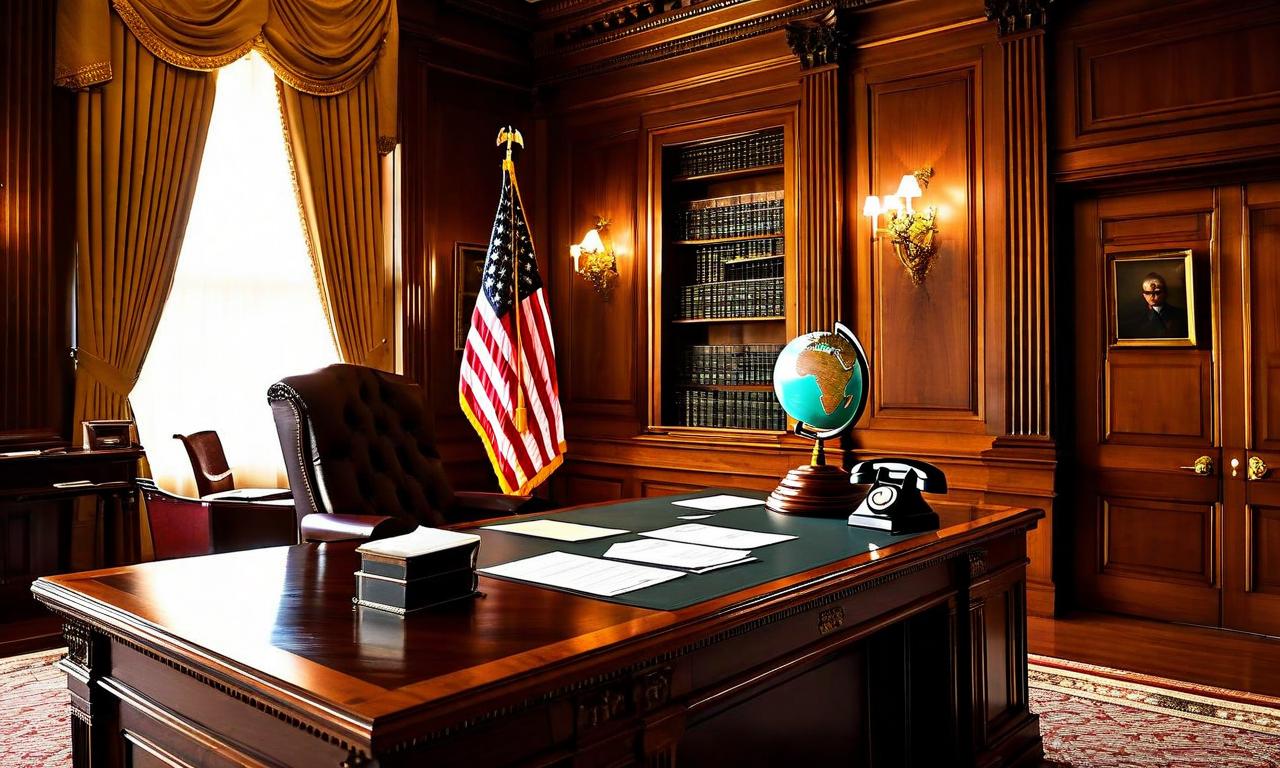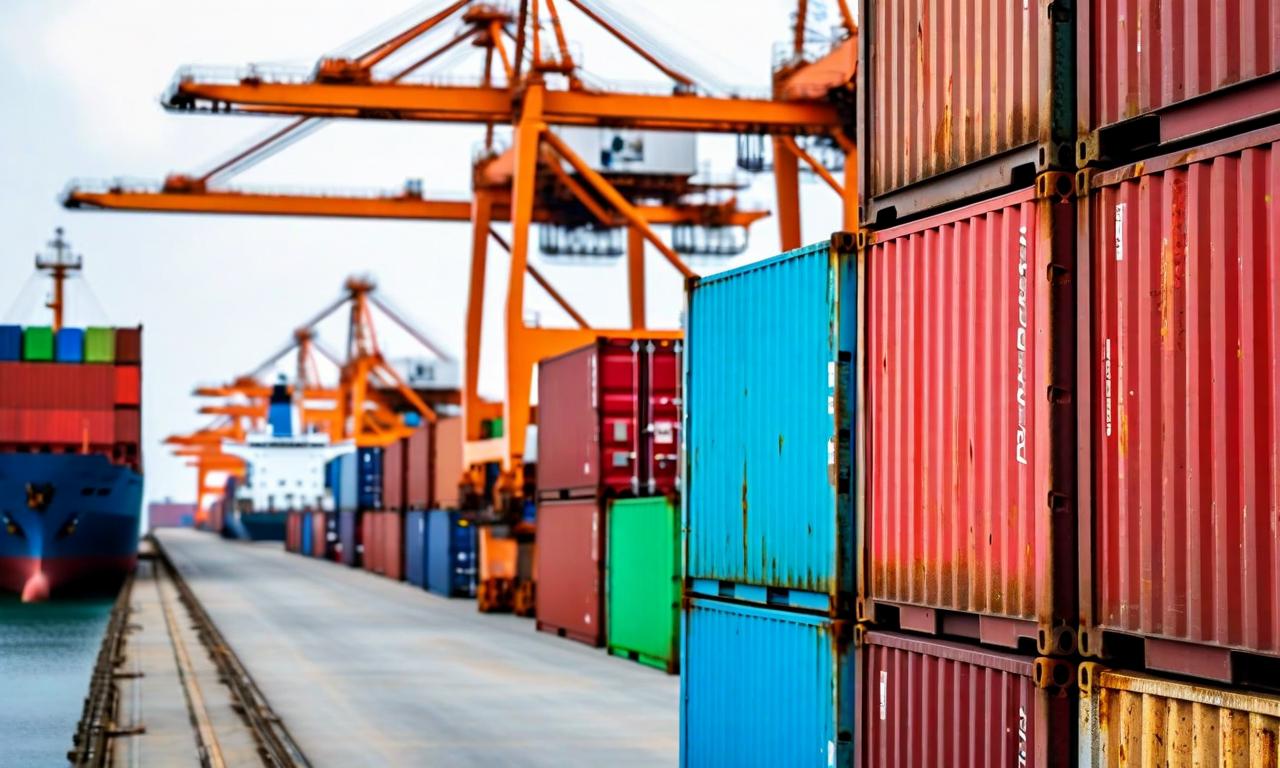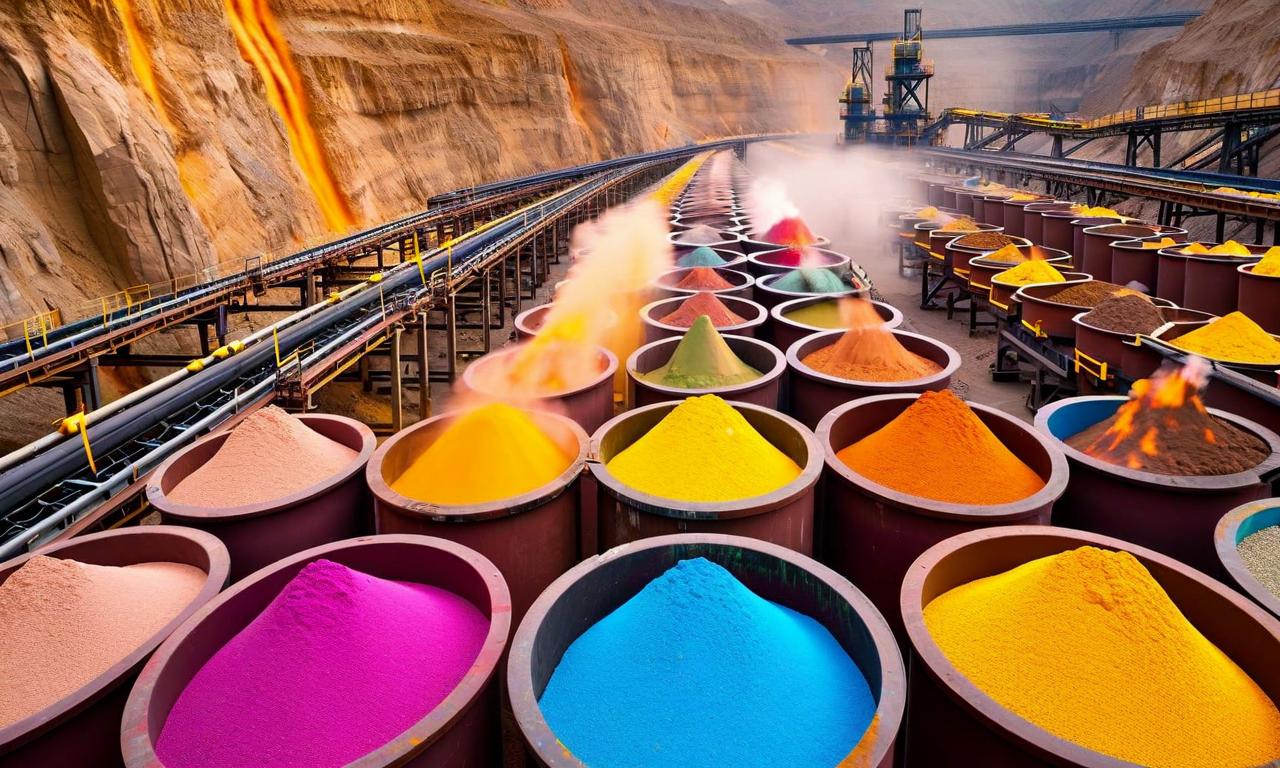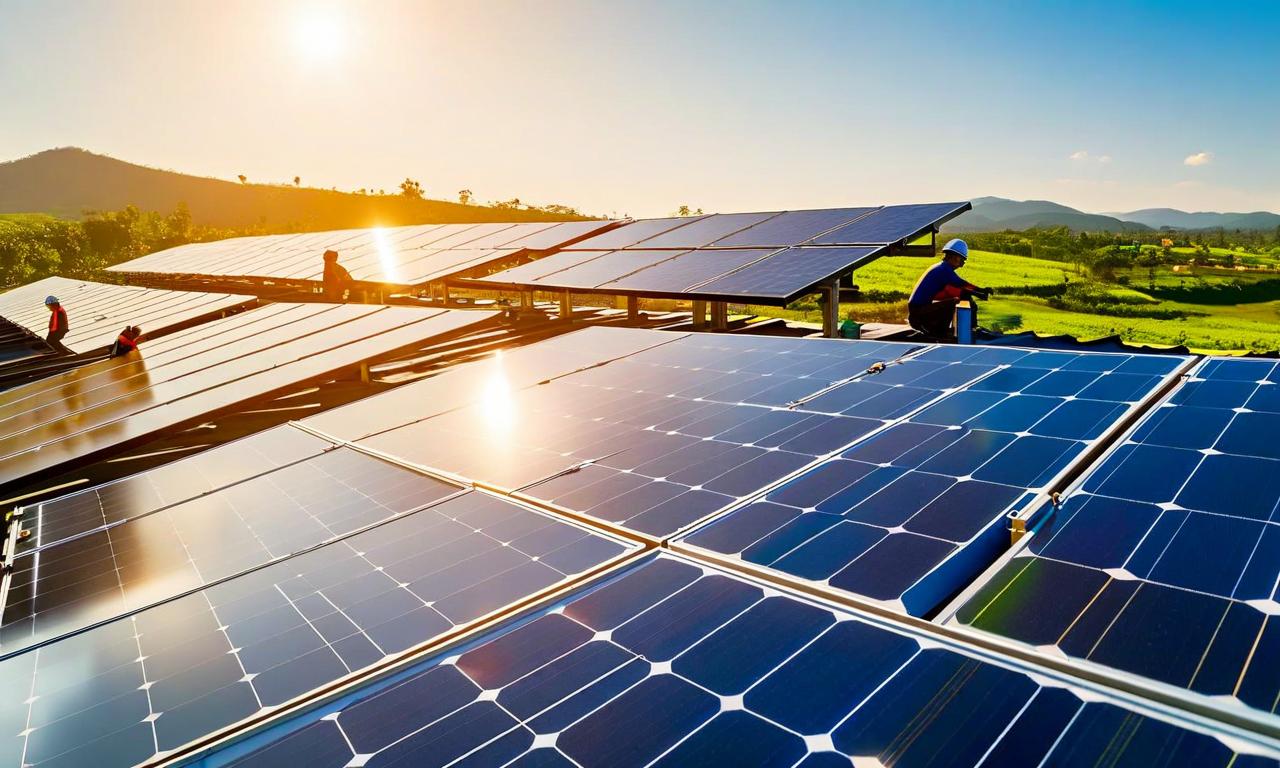Trump Defends High Tariffs on India, Set to Make Oval Office Announcement
Former U.S. President Donald Trump is scheduled to make an announcement from the Oval Office at 14:00 ET. Trump defends high import tariffs on India, citing unfair trade practices. His efforts to mediate between Russia and Ukraine show no progress. The recent SCO Summit highlighted closer ties between India, China, and Russia. Domestically, there are discussions about potential 'peacekeeping' operations in Democratic-led cities.

*this image is generated using AI for illustrative purposes only.
Former U.S. President Donald Trump is set to make a significant announcement from the Oval Office at 14:00 hours Eastern Time, amidst ongoing international and domestic issues. This comes as Trump defends his decision to impose high import tariffs on India, stating that the trade relationship has been one-sided.
Tariff Tensions
The announcement comes at a time when tariff uncertainties continue to loom large. Notably, a 50% tariff on India remains in force, causing strain in bilateral ties between the two nations. When asked about reconsidering the tariffs, Trump cited high tariffs that India levies on U.S. imports as justification for his decision. He asserted that India has been unfairly benefiting from bilateral trade ties, characterizing the relationship as one-sided.
International Relations
Trump's efforts to broker peace between Russia and Ukraine have reportedly shown no progress. This lack of advancement in resolving the conflict highlights the complex nature of international diplomacy and the challenges faced in mediating between these nations.
Adding to the geopolitical landscape, the apparent closeness between India, China, and Russia at the recent Shanghai Cooperation Organisation (SCO) Summit has drawn attention. This alignment of these major powers could potentially reshape regional dynamics and influence global politics.
Domestic Concerns
On the home front, Trump's plans regarding Washington DC have been a topic of discussion. Additionally, there have been reports of potential 'peacekeeping' operations involving U.S. forces in Democratic-led cities such as Chicago. These proposed actions have raised questions about the use of federal forces in urban areas and the implications for local governance.
As the nation awaits Trump's announcement, the address from the Oval Office is expected to shed light on these pressing issues and possibly introduce new policy directions or initiatives.

























